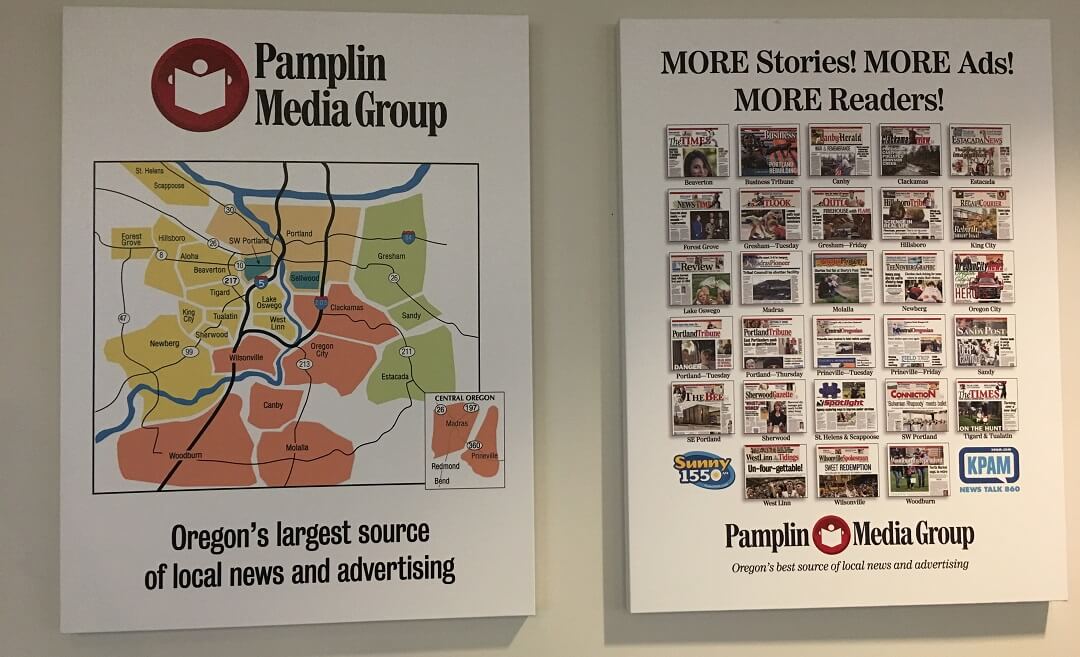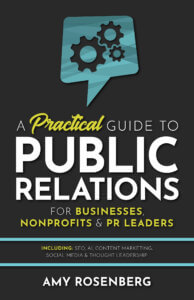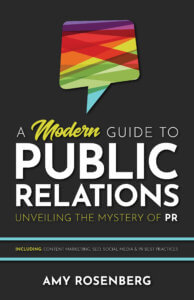![Sheila Hamilton: Mental Health Advocate [Podcast]](https://www.veracityagency.com/wp-content/uploads/PR-Talk-Sheila-Hamilton_Episode-82-of-PR-Talk.jpg)
Sheila Hamilton: Mental Health Advocate [Podcast]
First Things First: Taking Care of YOU during Coronavirus
Sheila Hamilton, Kink morning show reporter turned mental health advocate, offers advice on battling the 3 key PR vulnerabilities
You may have noticed that we took a short pause in the typical PR Talk programming. Even though we kept busy with the side-project of Fika Talk — a video series featuring myself and my daughter providing quick self-employment tips — the “break” allowed me to reflect and ask myself: What am I doing with this podcast? What is the point?
Help is On the Way
The answer was easy because the point has always been to help my fellow PR people. For no obvious business reason other than this oddly altruistic ideal. I don’t know why I want to help PR people as I am too short-sighted to do any proper planning to tie in my present-day actions with my long-term goals. I just simply want to have fun connecting with guests on the podcast, assist PR people in discovering excellence, and learn a little bit along the way.
Watch the Video Podcast
Mental Health & Loss of Jobs in PR
Remembering that the point of the podcast is to help, I immediately thought of topics that can relate to what my crew is worried about right now. Namely, mental health issues and the loss of jobs. At some point, beyond blind media pitching tips, we’ll get back into how to work with the press during these uncharted times.
Sheila Hamilton’s Career Pivot
So in the name of putting our oxygen masks on first, we’re coming back to you with the most fitting guest of all — the extraordinary Sheila Hamilton. You may remember Sheila from the 18 years she spent serving as KINK radio’s morning show host, back in the days when we used to drive to the office, and KXL radio’s afternoon show reporter.
However, unfortunate experiences led her career in a new direction. After writing her first memoir, All the Things We Never Knew, about raising a young child with a mentally ill husband and the aftermath of his eventual suicide, Sheila committed herself to mental health advocacy work full-time by launching Beyond Well Solutions, which offers employers a library of custom branded company podcasts that help employees manage their mental health journeys and increase Employee Assistance Program utilization. She also hosts Beyond Well With Sheila Hamilton, alongside two doctors, to provide tools for emotional agility and psychological flexibility.
Three Key PR Vulnerabilities
Who better than Sheila to guide us through self-care during these anxiety-provoking times? Throughout the episode, Sheila and I discuss the state of the world along with the state of our minds. We talk through the 3 key vulnerabilities I see many PR people, including myself, holding, with Sheila providing tips on how to overcome them. They are:
1: People pleasing = poor boundaries
Being service-oriented, PR professionals tend to be people-pleasers. How can we avoid being everything to everyone by setting good boundaries during a time when many feel they must over-perform based on fear of losing their jobs or their clients?
2: Imposter syndrome = low confidence
I’ve witnessed many a PR person exhibit strong signs of imposter syndrome, which means that they don’t have confidence in their abilities. How can we rebuild our confidence while working in what may feel like a black hole at times with media pitches being unanswered on the regular?
3: Excessive news consumption = anxiety overload
We’re supposed to consume the news to be good at our jobs. It helps us strengthen our pitches, change course or fulfill media contact research. How can we still perform this necessary function when the news is so disturbing, tending to bring us towards depression and anxiety?
About the guest: Sheila Hamilton
Sheila Hamilton is the host of Beyond Well, a five-time Emmy award-winning journalist, radio host, and the author of two mental health-related books, All the Things We Never Knew and a new novel to be released this year. She co-hosted the highly-rated Kink morning show for more than a decade and was voted Portland’s favorite radio personality in 2016.
Connect and follow Sheila on social media:
This episode of PR Talk is brought to you by PRSA Oregon
Throughout Oregon and Southwest Washington, PRSA provides members with networking, mentorship, skill building and professional development opportunities – whether you are a new professional fresh out of college or a skilled expert with 20 years in the industry. Check out PRSAoregon.org for more information on how membership can help you grow and connect.

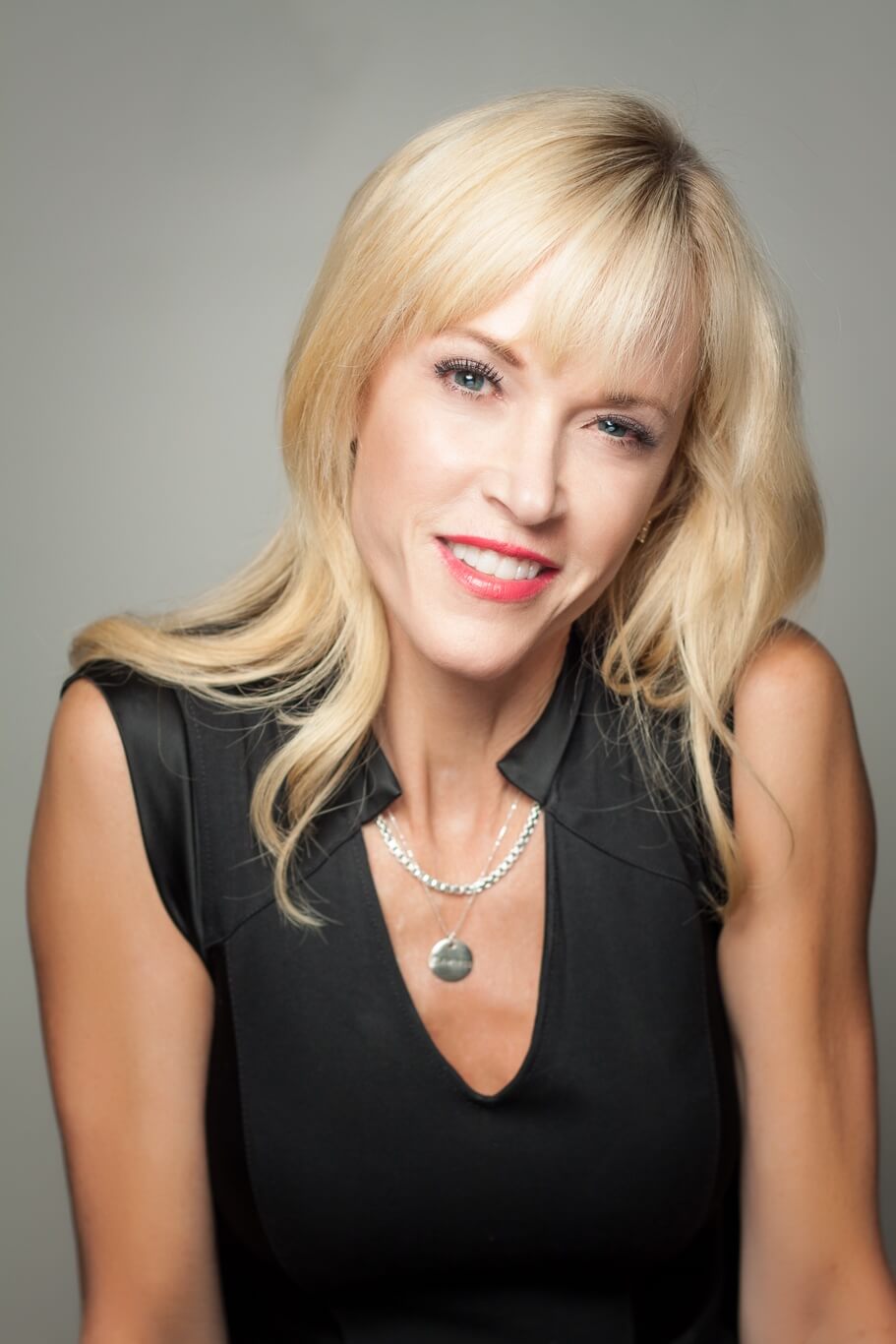
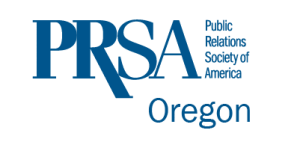
![Kim Moore: Oregon Business Magazine [Podcast]](https://www.veracityagency.com/wp-content/uploads/PR-Talk-Episode-77-Kim-Moore-Oregon-Business-Magazine-Editor.jpg)

![CommCon Keynote: Suzanne Stevens [Podcast]](https://www.veracityagency.com/wp-content/uploads/Suzanne-Stevens-Portland-Business-Journal-1024x768-1024x675.jpg)
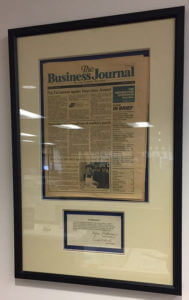 On a “good day,” 200 emails await Suzanne in her morning in-box, but messages can reach upwards of 400. “That’s because I’m the editor. The reporters probably get 100 new emails per day,” Suzanne clarified. Make no mistake — the majority of these emails are from PRs! Everyone at the PBJ knows what they want from us, too — they even wrote an
On a “good day,” 200 emails await Suzanne in her morning in-box, but messages can reach upwards of 400. “That’s because I’m the editor. The reporters probably get 100 new emails per day,” Suzanne clarified. Make no mistake — the majority of these emails are from PRs! Everyone at the PBJ knows what they want from us, too — they even wrote an 
![Allan Brettman: The Columbian [Podcast]](https://www.veracityagency.com/wp-content/uploads/Allan-Brettman-PR-Talk-Podcast-Veracity.jpg)


![Misty Tompoles: Artslandia [Podcast]](https://www.veracityagency.com/wp-content/uploads/podcast-misty-tompoles-artslandia-feature.png)

![Mark Garber: Pamplin Media Group [Podcast]](https://www.veracityagency.com/wp-content/uploads/Mark-Garber-Photo-by-Jon-House-707x530.jpg)
